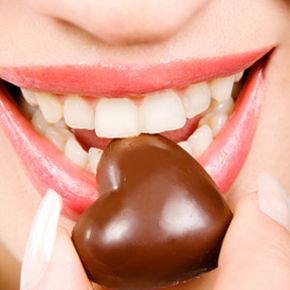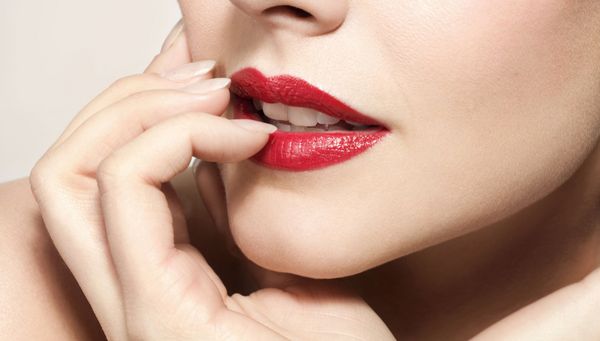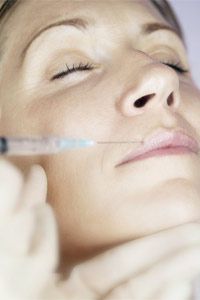When you think about your diet, you probably think first about how many calories you're consuming or whether you're getting enough fruits, veggies and proteins to keep your energy levels high. You probably aren't thinking about preventing chapped lips. However, a diet rich in the right nutrients can support the overall health of your lips and keep them looking moisturized and youthful.
Just like the skin on other areas of your body, keeping your lips moisturized is an important step in keeping them healthy. One of the best dietary ways to do that is by staying hydrated. Drinking plenty of water will help minimize your chances of developing chapped lips, which can be uncomfortable and persistent in cold temperatures [source: MedlinePlus].
Advertisement
Different vitamins and minerals can also be helpful to your skin in general by rejuvenating and restoring its healthy glow. Some nutrients also serve as antioxidants, which reduce the effect of free radicals on your cells. Free radicals are molecules that can begin an oxidizing process within your body that may damage your cells and their functions [source: American Dietetic Association]. Making sure that you have the appropriate vitamins and minerals in your diet to offset these harmful substances can benefit your skin health overall, which will help to keep your lips looking their best.
Vitamin A, for example, is necessary for skin maintenance and repair, and you can easily get enough of it in your day-to-day diet. Regular servings of vitamin A could lead to a reduction in fine lines and wrinkles and prevent dry skin. You can find vitamin A in eggs, milk, carrots, spinach and fruits such as apricots [source: WebMD: Vitamin A].
Vitamin C helps tissue to repair itself, which means it can help your lips recover from sun damage. It is found in citrus fruits and many vegetables [source: WebMD: Vitamin C]. In topical form, vitamin C may also help boost collagen production [source: Bouchez]. Although a diet rich in vitamin C won't increase your lips' fullness in the way collagen injections would, boosting your body's natural production of the substance will help you retain what you already have.
Vitamin E also fights the effects of free radicals, aiding in keeping skin smooth and fighting fine lines and wrinkles. This vitamin is more commonly used as a topical treatment, but you can also get it in your diet through leafy vegetables, eggs and nuts [source: WebMD: Vitamin E].
For more information on keeping your lips as healthy as possible, check out the links on the next page.
Advertisement


